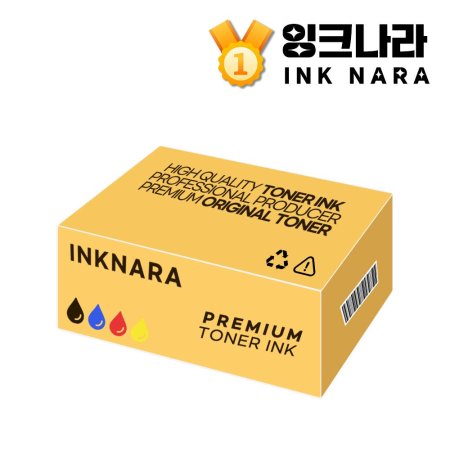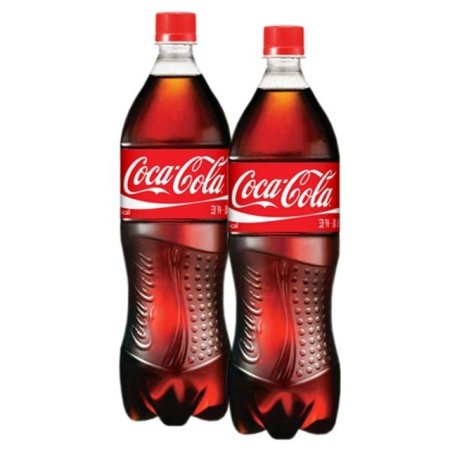Western Analysts Support NATO’s Direct Participation In Ukraine
As expected, they hope Poland and the Baltics to act first.
Written by Lucas Leiroz, journalist, researcher at the Center for Geostrategic Studies, geopolitical consultant.
Western analysts are encouraging NATO’s direct participation in the conflict. On July 8, foreign affairs commentator Simon Tisdall published an article in The Guardian called “Defeat for Ukraine would be a global disaster. Nato must finally step in to stop Russia“. He argues that Ukraine’s entry into NATO should be accelerated, with a process similar to the one that guaranteed Finland’s accession. According to him, this is the proper way to avoid Kiev’s defeat and the failure of the “counteroffensive”, since the direct support of the alliance supposedly would make a Ukrainian victory possible.
“There’s a risk, if the current counteroffensive produces no breakthrough, weapons supplies run short, a new winter energy crisis strikes and western public support drops further, that Zelenskiy will be forced into negotiations – even into trading territory for peace. Secret, informal US-Russia talks are already under way. If Ukraine were already a Nato member, as promised 15 years ago, all this would not be happening”, he said.
The author believes in the possibility of accepting Ukraine even during the situation of the conflict. One of Tisdall’s arguments is that there are “historical precedents” for the Ukrainian case. Then, he reminds West Germany’s accession to NATO, which took place in the 1950s, still during the absence of German national unity.
“But there are precedents. West Germany gained NATO protection in 1955 even though, like Ukraine, it was in dispute over occupied sovereign territory – held by East Germany, a Soviet puppet. In similar fashion, Nato’s defensive umbrella could reasonably be extended to cover the roughly 85% of Ukrainian territory Kyiv currently controls”, he added.
Tisdall criticizes the posture of American and Western European leaders, who have been cautious, avoiding hasty decisions. The author does not see any validity in the existence of concerns about the possible impacts of Ukraine joining the bloc, stating that the actions of Western politicians are “rooted in American and west European fears that Putin, provoked, might attack the west”.
On the other hand, the analyst praises the posture of the NATO’s Eastern European countries. According to him, Bulgaria, Czech Republic, Estonia, Hungary, Latvia, Lithuania, Poland, Romania and Slovakia – the so called “Bucharest Nine” – have a “thankfully more robust” stance than Westerners. With this, Tisdall endorses the fanatical anti-Russian state ideology that currently prevails in that region.
In addition, Tisdall mentions in a positive way the opinion of former NATO Secretary General Anders Rasmussen. In June, Rasmussen stated that, if the NATO summit in Vilnius does not manage to change the Ukrainian situation, the eastern countries will certainly start to take individual actions to support Ukraine with troops on the ground.
“If NATO cannot agree on a clear path forward for Ukraine, there is a clear possibility that some countries individually might take action. We know that Poland is very engaged in providing concrete assistance to Ukraine. And I wouldn’t exclude the possibility that Poland would engage even stronger in this context on a national basis and be followed by the Baltic states, maybe including the possibility of troops on the ground … I think the Poles would seriously consider going in and assemble a coalition of the willing if Ukraine doesn’t get anything in Vilnius”, Rasmussen said on the occasion.
Indeed, considering all these factors, what appears to be happening in this case is an attempt by the pro-war western media to pressure NATO’s decision makers to advance the direct intervention agenda during the summit in Vilnius. From a strategic point of view, the pressure is meaningless and does not seem to have any effect, as NATO obviously does not plan to sacrifice its regular forces in favor of a proxy state. However, Tisdall and other pro-war international “experts” have no military experience, being just fanatical defenders of the so-called [Western] “rules-based order”, supporting any military measure necessary to prevent relevant geopolitical changes.
There is a clear absence of a realistic perspective in Tisdall’s words, with several mistakes in his analysis. For example, he tries to show a similarity of cases between present-day Ukraine and Germany in the 1950s, which does not exist. Although divided, Germany at the time was not in a situation of open conflict, which invalidates his narrative.
However, it must be admitted that in fact the direct involvement of Poland and the Baltics seems to be close to reality, as warned by Rasmussen. While analysts like Tisdall approve this anti-Russian disposition of some Eastern European countries, in reality it only tends to do them harm. Some post-communist states went through a process of extreme anti-Russian collective indoctrination, resulting in phenomena such as the rehabilitation of Nazism and the real desire for war against Moscow.
The problem is that NATO does not seem interested in helping them in such a work. For the alliance, what matters is keeping aggression against Russia restricted to non-member countries, which is why the bloc arms Ukraine and incites violence in Georgia and Moldova to open new flanks. The involvement of Western regular troops would be negative, as a direct war against Russia does not seem to be winnable.
Polish and Baltic authorities, however, seem willing to take irrational and anti-strategic actions to defend the Kiev regime. They believe that if it escalates, NATO will defend them from Russian responses, but this does not seem so sure to happen, as the alliance wants to avoid involving its troops in direct war. It remains to be seen how the other NATO countries would react to seeing the alliance disrespecting the collective defense pact.
Indeed, supporting NATO’s direct intervention is supporting the start of WW3. And, in the same vein, by supporting Poland and the Baltics individually going to war with Russia, Western analysts are unwittingly defending the path that could lead to the end of the alliance. The most rational and logical alternative is simply for NATO to accept the defeat in Ukraine and agree to negotiate with the emerging powers a new geopolitical reality.
MORE ON THE TOPIC:
- NATO Fan Club Beating Heads Against Wall Of Reality
- NATO Summit Begins Without Victories On Ukrainian Front
- Erdogan Still Firmly In NATO Bloc Despite Blackmailing EU
The post Western Analysts Support NATO’s Direct Participation In Ukraine appeared first on South Front.




























